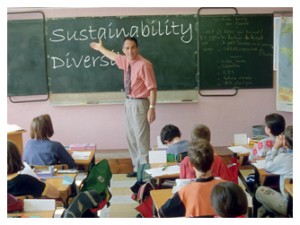Aleksel Gastev, Vladimir Kirillov, and Mikhail Geraismov all wrote their poetry about the machine’s growing importance and the growth of industry in Russia. All three were proletarians and believed that the revolution and change Russia needed was to be found on factory floors. Gastev’s “We Grow Out of Iron” compares the newly built iron factory to his own new importance and strength. The strength of iron is reflected in the boldness of the revolutionaries and Gastev considers himself one of them. In Kirillov’s “The Iron Messiah”, he describes the changes to Russian society such as mass production as a messiah destroying the prisons of the past and helping Russia progress into modern labor. Gerasimov’s “We” exalts the varied creations of the collective revolutionaries, from artwork to architecture.
Dmitry Furmanov wrote Chapaev in 1923 to recount his own experiences as the political commissioner of the Chapaev division in the Urals during the Civil War and described the political tension, power struggles, and discipline issues within the troop of mostly peasant soldiers and their charismatic leader. Furmanov ruminates on why it is that most of the heroes in war are peasants, concluding that their rage at their poor quality of life is what leads them to succeed at protests and wars. At the end of the excerpt, Furmanov insists that not only boldness but also knowledge are needed to win a war.

